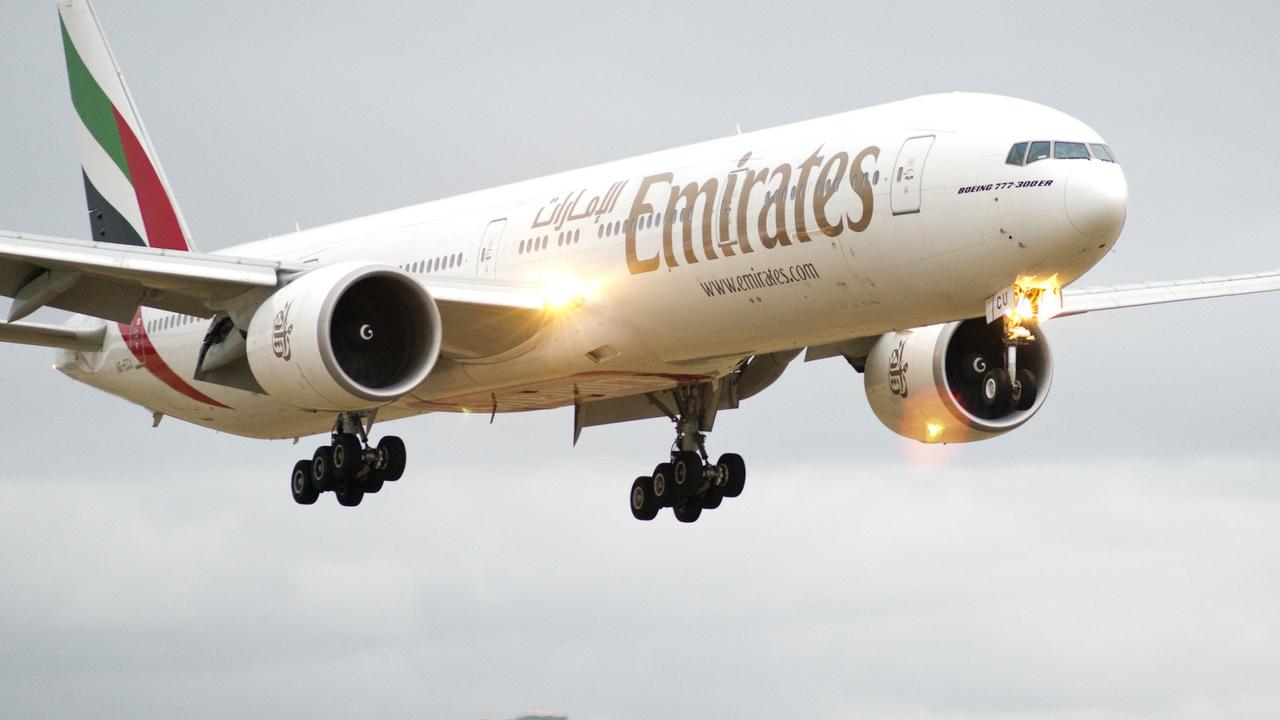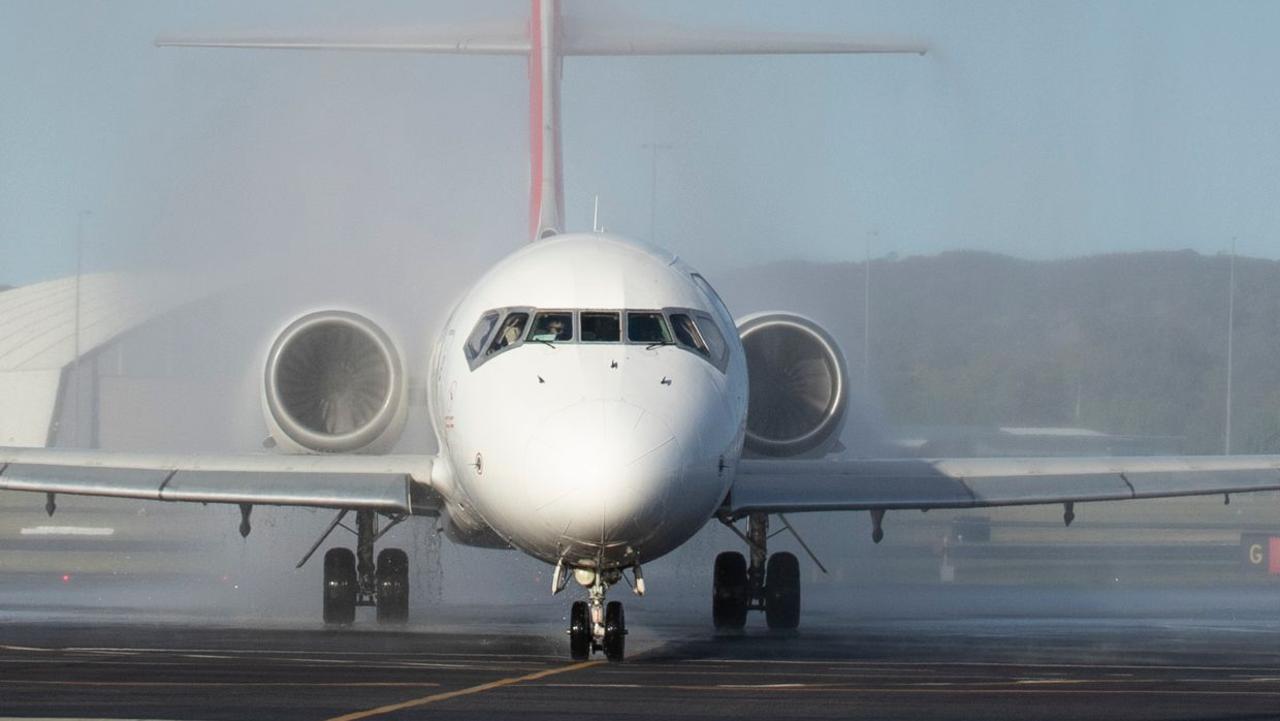Days of fumbling for your liquids, gels and laptop at the airport could be numbered
If you’re sick of fumbling for your separate bag of liquids and gels at the airport, we’ve got some good news for you.
Great news if you’re a passenger who still struggles getting liquids and gels ready for separate screening at the airport — we may not have to worry about it in the future.
New security technology being trialled at Melbourne Airport upgrades the existing method of scanning passengers’ bags, which means liquids and gels, as well as laptops and other large electronic items, don’t have to be screened separately.
The smart lanes developed by security screening company Smiths Detection takes a CT scan of passengers’ cabin luggage to produce a three-dimentional image of what’s inside. Currently, airport security screening uses 2D imaging.
The upgraded technology is also expected to see those dreaded security queues move a lot quicker.
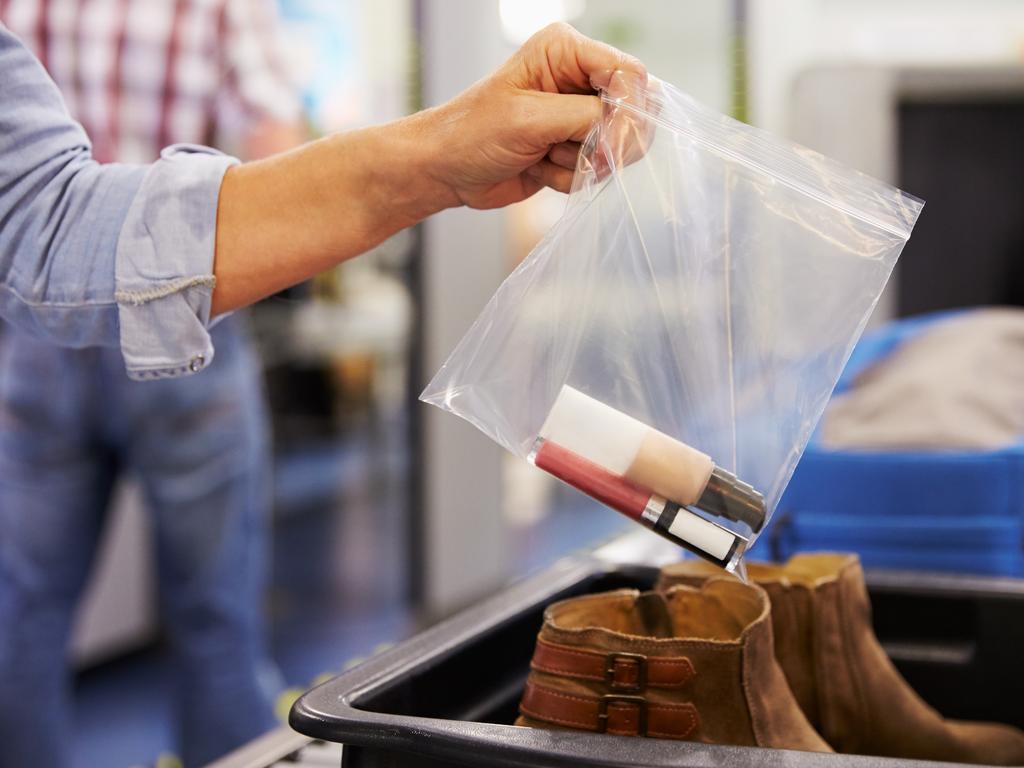
The pilot program has been running since October at Melbourne Airport’s T4 domestic terminal, which handles flights by Tigerair, Jetstar and REX.
“Thanks to the pilot program we are able to better understand how in the future passengers can pass through security screening without having to divest their items, which simplifies the start of the traveller journey right from the outset,” Melbourne Airport’s chief of aviation Simon Gandy said.
“As Australia’s busiest 24/7 airport we will continue to find ways to implement new technology and upgrades that will improve the traveller experience from the road to the runway.”
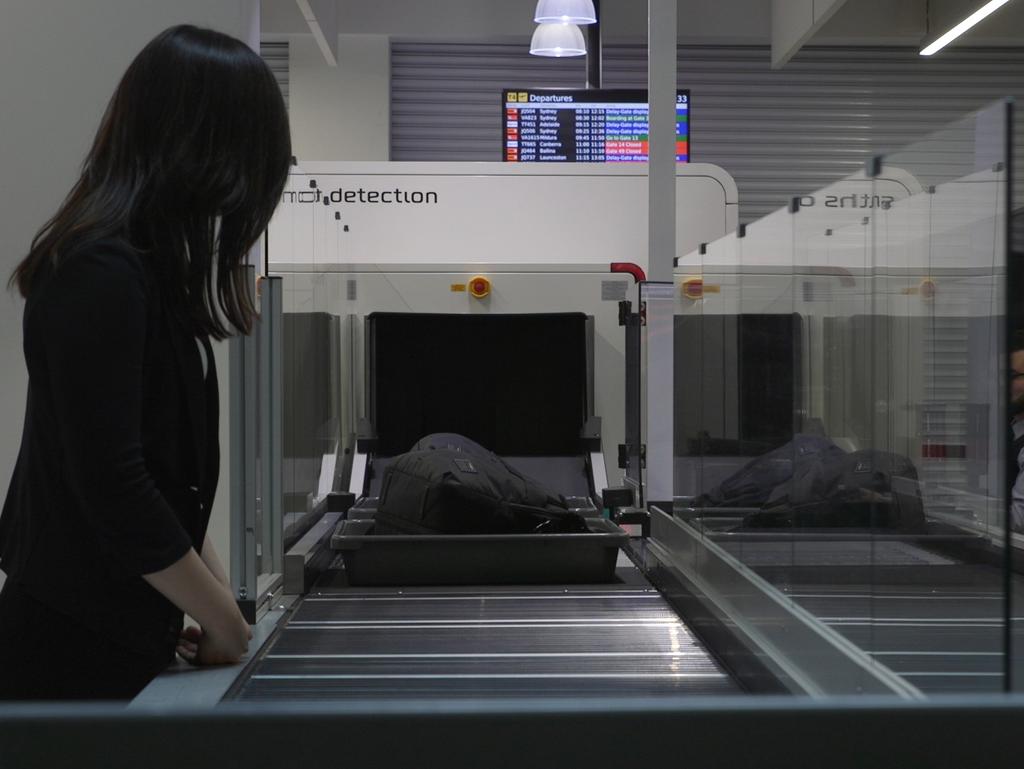
A spokeswoman for Smiths Detection told news.com.au the trial in Melbourne would continue for as long as it was required.
And it is expected to be rolled out to Australia’s other major airports and regional terminals in a few years.
“We anticipate mainstream adoption in both domestic and international terminals over the next one to two years,” the spokeswoman said.
The smart lanes are expected to be up to 50 per cent more efficient than traditional lanes.
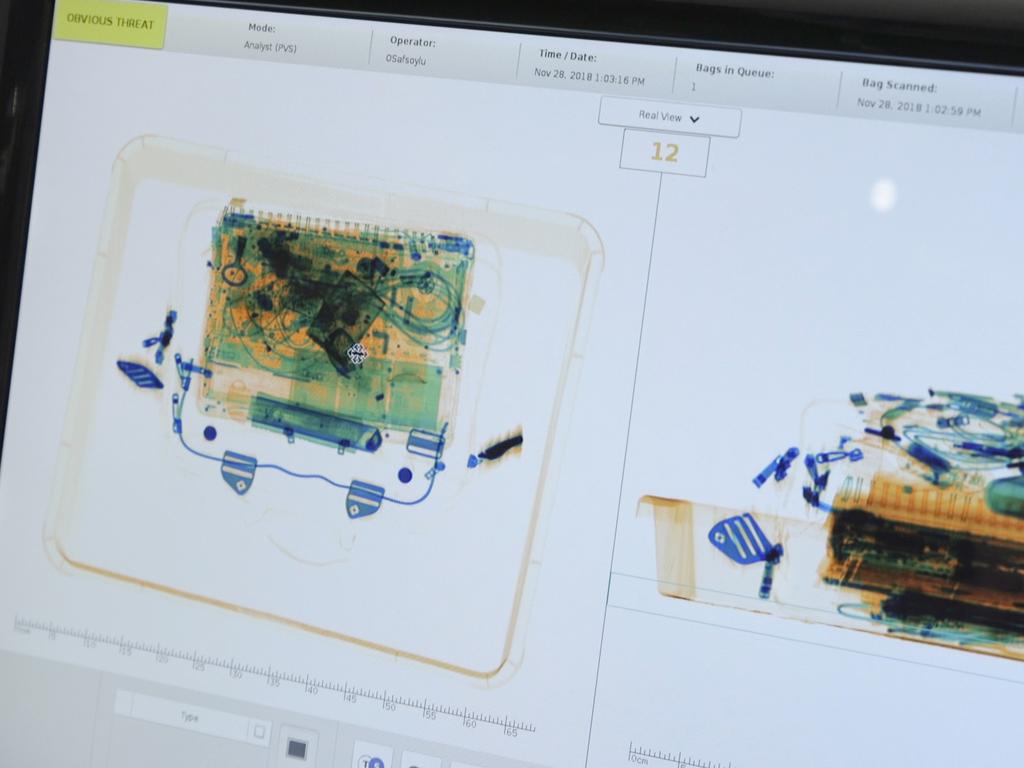
The scanning technology uses “the latest CT technology and provides the highest level of security while improving passenger throughput and lowering overall costs for airports”, Smiths Detection said.
According to a recent International Air Transport Association (IATA) Survey, airport security and the boarding process are the two biggest frustrations for travellers.
The survey revealed 57 per cent of passengers thought it was intrusive to remove personal items from their bags and 48 per cent disliked being asked to remove laptops and large electronic devices for separate screening.


